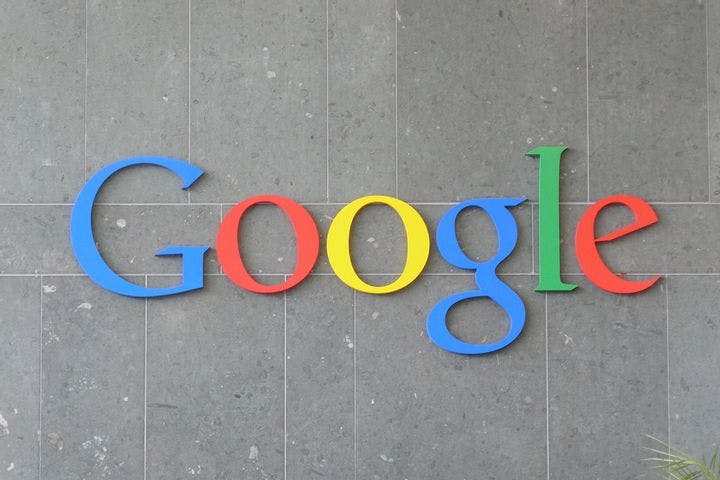Fall 2011
The Internet hasn't so much diminished our memory as tweaked it
– The Wilson Quarterly
When you know you have the Internet at hand, your memory relaxes.
In an age when most information is just a few keystrokes away, it’s natural to wonder: Is Google weakening our powers of memory? According to psychologists Betsy Sparrow of Columbia University, Jenny Liu of the University of Wisconsin, Madison, and Daniel M. Wegner of Harvard, the Internet has not so much diminished intelligent recall as tweaked it.
The trio’s research shows what most computer users can tell you anecdotally: When you know you have the Internet at hand, your memory relaxes. In one of their experiments, 46 Harvard undergraduates were asked to answer 32 trivia questions on computers. After each one, they took a quick Stroop test, in which they were shown words printed in different colors and then asked to name the color of each word. They took more time to name the colors of Internet-related words, such as modem and browser. According to Stroop test conventions, this is because the words were related to something else that they were already thinking about—yes, they wanted to fire up Google to answer those tricky trivia questions.
In another experiment, the authors uncovered evidence suggesting that access to computers plays a fundamental role in what people choose to commit to their God-given hard drive. Subjects were instructed to type 40 trivia-like statements into a dialog box. Half were told that the computer would erase the information and half that it would be saved. Afterward, when asked to recall the statements, the students who were told their typing would be erased remembered much more. Lacking a computer backup, they apparently committed more to memory.
In another version of this experiment, the participants were informed that the statements they had keyed in were saved in various folders with forgettable names such as “facts,” “points,” and “items.” Still, they did a better job of remembering the folders than they did retaining the information itself. The researchers say this shows that people are better at remembering where information is to be found.
There’s nothing alarming about any of this, Sparrow and colleagues insist. What some psychologists call “transactive memory” is a familiar feature of the human mind. Married couples often divide memories—the wife may remember the Social Security numbers of everyone in the family, while the husband might remember when the cars need an oil change. Each knows to ask the other when the need arises. Perhaps one way of looking at the Internet age is that we haven’t lost our memories but have gained a new spouse, and its name is Google.
THE SOURCE: “Google Effects on Memory: Cognitive Consequences of Having Information at Our Fingertips” by Betsy Sparrow, Jenny Liu, and Daniel M. Wegner, in Sciencexpress, July 14, 2011.
Photo courtesy of Flickr/Carlos Luna
